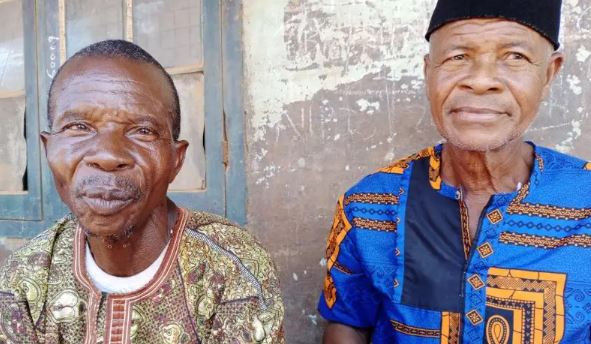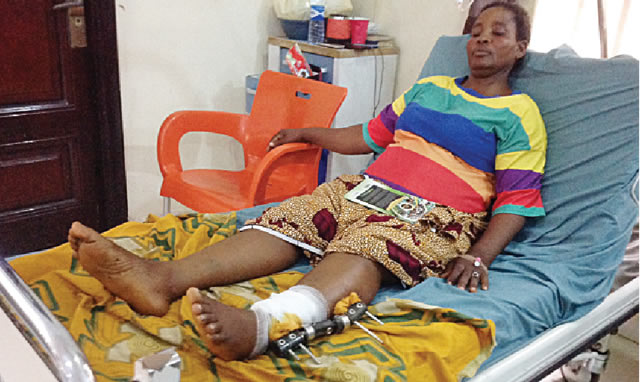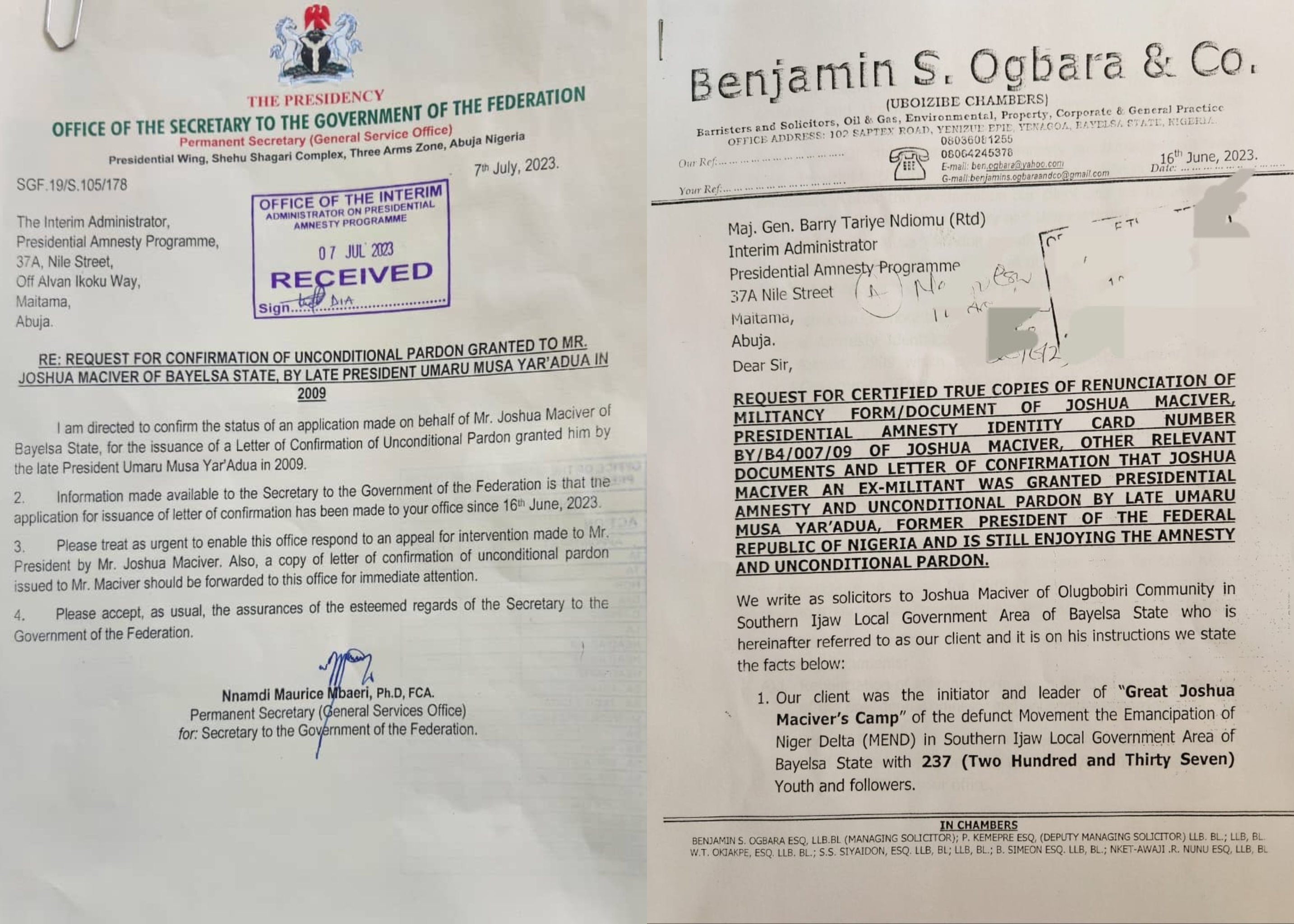We Saw Our Houses Floating On River Niger — Anambra Flood Victims
The victims of the severe flooding in Anambra State have opened up on the tragedy that wrecked havoc in their lives,
They narrated how painful it was to watch their homes floating on the river.
Many of the victims hit by last year’s flood are beginning to resume normal life, thanks to the United Nations Children’s Fund, UNICEF, which has located them and currently providing free healthcare services to the victims.
One of such communities is Umudi, an island on the River Niger between the commercial city of Onitsha and Asaba, the capital of Delta State.
Like other communities such as Nzam, Inoma, Aguleri Otu, Ogbeabo in Ogbaru, among others, Umudi can only be accessed by canoe.
The people living in Umudi see Onitsha from their makeshift houses, but the only accessible route to the city from the agrarian community is by canoe.
There are no social amenities in that community and whatever they need, they ferry to Onitsha to look for it.
Their children also paddle canoe everyday to Onitsha to attend school and they pray never to have any emergency health situation as there is no place to go to in the area.
During the 2022 flood, the entire Umudi camp was submerged and all the inhabitants had to relocate to Akpaka area of Onitsha, abandoning most of their household property. When the flood receded, they returned home to start life afresh.
The good thing, however, is that UNICEF was able to locate this community and the people are among those benefiting from the free medical care being provided by the world body for all the communities affected by the 2022 flood in Anambra State.
A visit to the Akpaka Primary Health Care Centre, where UNICEF is providing free healthcare services, showed that many residents of Umudi were among those receiving treatment under the guidance of Dr. Obianuju Okoye of the Anambra State Ministry of Health.
Mr. Chukwuemeka Okafor, a resident of Umudi, said he came for the healthcare service when he heard that UNICEF was providing it free of charge.
“I came for the medical treatment because someone directed us to this place that a foreign organisation is treating people free,” he said.
Floating home
Narrating his experience during the 2022 flood, Okafor said: “The entire Umudi and all the houses were submerged and we used canoe to ferry to Akpaka in Onitsha, where we lived for two months.
“We lost most of our property and while we were at Akpaka, we could see our houses floating on the River Niger.
“When we returned after the flood, some people managed to build new houses, while those who could not afford it are still squatting with other people.
“Some people even used polythene to construct places they lay their heads with their families up till now.”
Another resident of the community, Patrick Okonkwo, who hailed from Umueze Anam in Anambra West Local Government Area said that but for the free medical treatment, he could not have attended any hospital because of lack of funds.
He said: “I was previously residing in Warri, Delta State, but had to relocate to Umudi Camp to farm when I could no longer cope with urban life.
“I am happy that I can, at least, feed my family from the farm produce. Unfortunately, the flood destroyed everything and we are just starting life all over again.
“When I heard that there is free treatment going on at Akpaka, I had to come and I am happy that the doctors are attending to us free and giving us necessary drugs.”
Dr. Okoye, who is the state Reproductive Health Coordinator said UNICEF trained 560 health workers drawn from the 10 local government areas affected by the flood for the programme. The affected local government areas, she said, are Awka North, Anambra East, Anambra West, Onitsha North, Onitsha South, Ayamelum, Ekwusigo, Ihiala, Idemili North and Idemili South.
According to Okoye, the health workers were trained on how to identify maternal danger signs for pregnant women and how to deliver life babies and save the life of their mothers. They were also trained on community-based after birth care for the various communities.
The trainees, she further said, were drawn from the local government reproductive health supervisors, the social mobilization officers, the local government logistic management officers, as well as key workers in the health facilities being used for the programme.
“UNICEF also provided mama kits which are delivery bags pregnant women carry before delivery, which also contain essential items needed for safe delivery.
“The Anambra State government provided the manpower for the programme and the exercise involves reaching the remotest communities,” she added.
According to her, UNICEF also provided drugs that were distributed to the communities even in areas that do not have health facilities.
“It is fully sponsored by UNICEF as part of efforts to reduce the suffering of the people. The wife of the state governor, Mrs. Nonye Soludo, who toured the flood- affected communities when the flood receded, promised assistance to the victims. After assessing the situation, the state government solicited support from donor agencies and UNICEF came to the rescue,” Okoye said
***
Source: Vanguard



